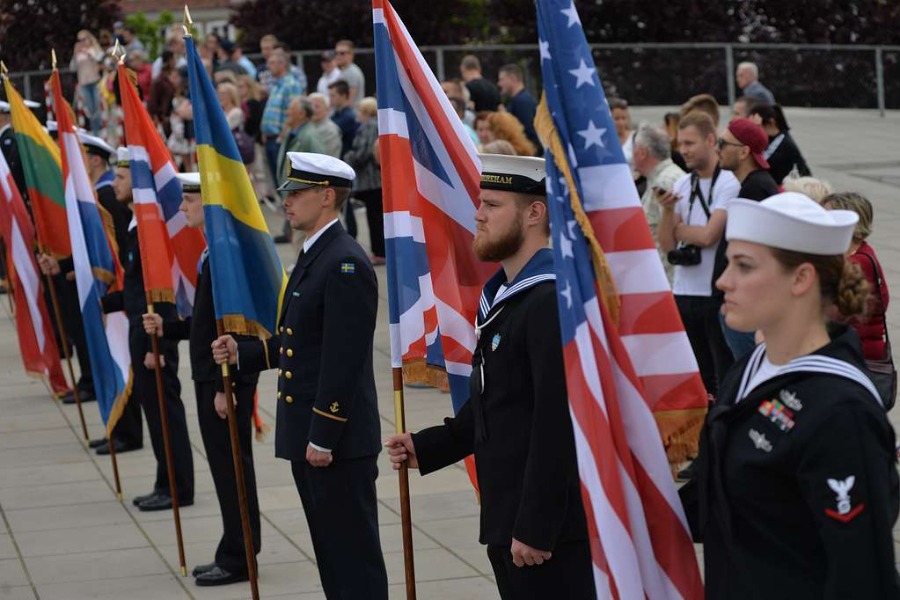"Weeks, not Months"
That is Attorney General Eric Holder, on March 15, 2010, explaining to the House Judiciary Committee how long it would take the Obama administration to decide where to try 9/11 mastermind Khalid Sheik Mohammed. Nearly eleven months later, still no word. A civilian trial is infeasible for the foreseeable future because Congress will not allow it. That leaves a military commission or military detention as options.
That is Attorney General Eric Holder, on March 15, 2010, explaining to the House Judiciary Committee how long it would take the Obama administration to decide where to try 9/11 mastermind Khalid Sheik Mohammed. Nearly eleven months later, still no word. A civilian trial is infeasible for the foreseeable future because Congress will not allow it. That leaves a military commission or military detention as options. The administration has suggested that it will revive military commissions. So perhaps that is where KSM will go. But such an announcement would be a bitter and embarrassing backdown for the Obama administration, for that is precisely where KSM was at the end of the Bush administration, begging to plead guilty. I suspect this is one big reason why the Obama administration is holding off on making that decision. Another is that military commissions are full of legal uncertainties. Meanwhile, KSM is being held in military detention where, except for his brief appearance in a military commission under Bush, he has languished since he was captured almost eight years ago, in the Spring of 2003.
What is the point of a trial for KSM after such a long military detention and after several failed trial initiatives, especially since, as the government has made clear, and as political reality and national security demand, KSM will remain in military detention even if acquitted or given a non-life sentence? One point is to detain him for the rest of his life fairly and legitimately. But is a conviction against the background of no possibility of release, after the passage of so much time, with so many false starts, in a novel trial system designed only for non-U.S. citizens, really more legitimate than military detention, which has widespread legal support? And if this is at all a close question, don’t the enormous costs of trying KSM – including (but not limited to) the financial costs of securing and conducting the trial, the costs of giving KSM a large political platform, and the costs of great legal uncertainty in military commissions – swamp the added legitimacy benefits of trial? Whatever the answers might be to these questions, I suspect that KSM will remain in military detention for quite a while longer.
Jack Goldsmith is the Learned Hand Professor at Harvard Law School, co-founder of Lawfare, and a Non-Resident Senior Fellow at the American Enterprise Institute. Before coming to Harvard, Professor Goldsmith served as Assistant Attorney General, Office of Legal Counsel from 2003-2004, and Special Counsel to the Department of Defense from 2002-2003.



.png?sfvrsn=1f2a75b9_5)

